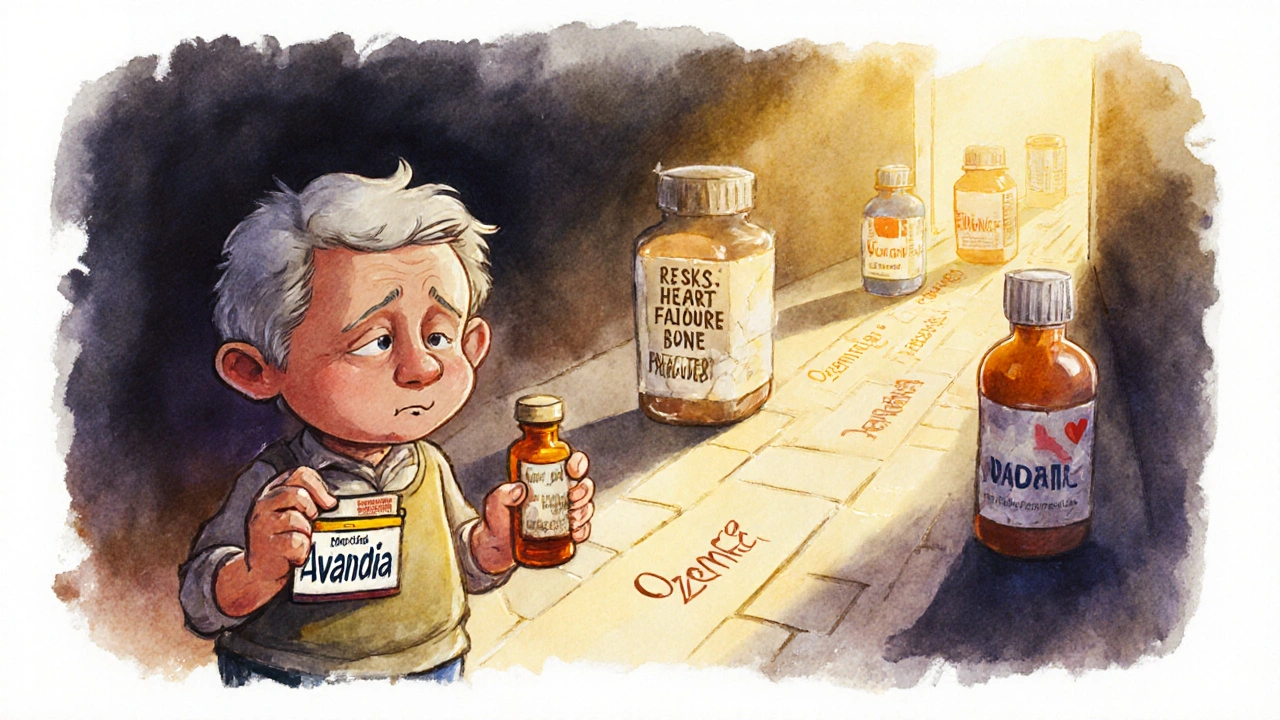Insulin Sensitizers: What They Are and How They Help Manage Diabetes
When your body doesn’t respond well to insulin, your blood sugar stays high—that’s insulin resistance, the core problem in type 2 diabetes, a condition where the body’s cells stop responding properly to insulin, leading to elevated blood glucose levels. Insulin sensitizers, a class of medications designed to make your cells more responsive to insulin fix that by helping your body use its own insulin more efficiently. Unlike drugs that force your pancreas to make more insulin, these work at the root cause: poor insulin response. They’re not magic pills, but they’re some of the most practical tools doctors use to keep blood sugar stable without crashing it.
Two of the most common insulin sensitizers, medications that improve how your body reacts to insulin are metformin, the first-line drug for type 2 diabetes that reduces liver glucose production and improves muscle insulin sensitivity and sitagliptin, a DPP-4 inhibitor that boosts natural hormones to help insulin work better after meals. These aren’t just random prescriptions—they’re backed by years of real-world use. Metformin, for example, is often the first thing doctors prescribe because it’s cheap, safe, and helps with weight too. Sitagliptin, often paired with metformin, adds another layer of control without causing low blood sugar. Other insulin sensitizers include thiazolidinediones like pioglitazone, though they’re used less now due to side effects. What ties them all together? They don’t just lower sugar—they help your body heal its own response system.
You’ll find these drugs in many of the posts below because they’re not standalone treatments—they’re part of bigger stories. One post looks at how sitagliptin-metformin cuts diabetes-related fatigue. Another compares metformin with other diabetes meds to see what works best for real people. There are guides on managing side effects, combining these drugs with lifestyle changes, and even how genetics might affect how well they work for you. Whether you’re newly diagnosed or have been managing diabetes for years, these posts give you the no-fluff facts: what each drug does, how it feels to take it, what to watch out for, and what alternatives exist. This isn’t theory. It’s what people are actually using—and what’s working.
Avandia (Rosiglitazone) vs Alternatives: What You Need to Know in 2025
- Keith Ashcroft
- |
- |
- 12
Avandia (rosiglitazone) is rarely used today due to serious heart and bone risks. Discover safer, more effective alternatives like metformin, SGLT2 inhibitors, and GLP-1 agonists for type 2 diabetes management in 2025.
View more
